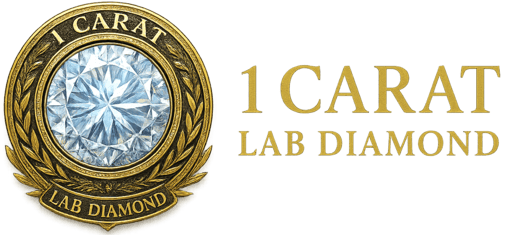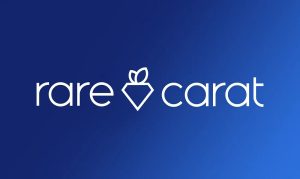2026 Playbook: How to Choose Diamond Jewelry Gifts Without Guesswork
Diamond jewelry has always been a meaningful gift whether it’s for a partner, parent, sibling, or even yourself. The challenge isn’t deciding if diamonds make a great gift (they always do), but choosing the right piece that balances beauty, practicality, and budget. In 2026, shoppers are prioritizing both style and substance: timeless designs that hold meaning, paired with the confidence that the stone is certified and the purchase transparent. This guide answers the big questions around customization, certification, and personalization

